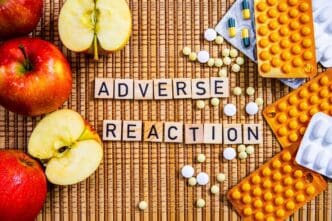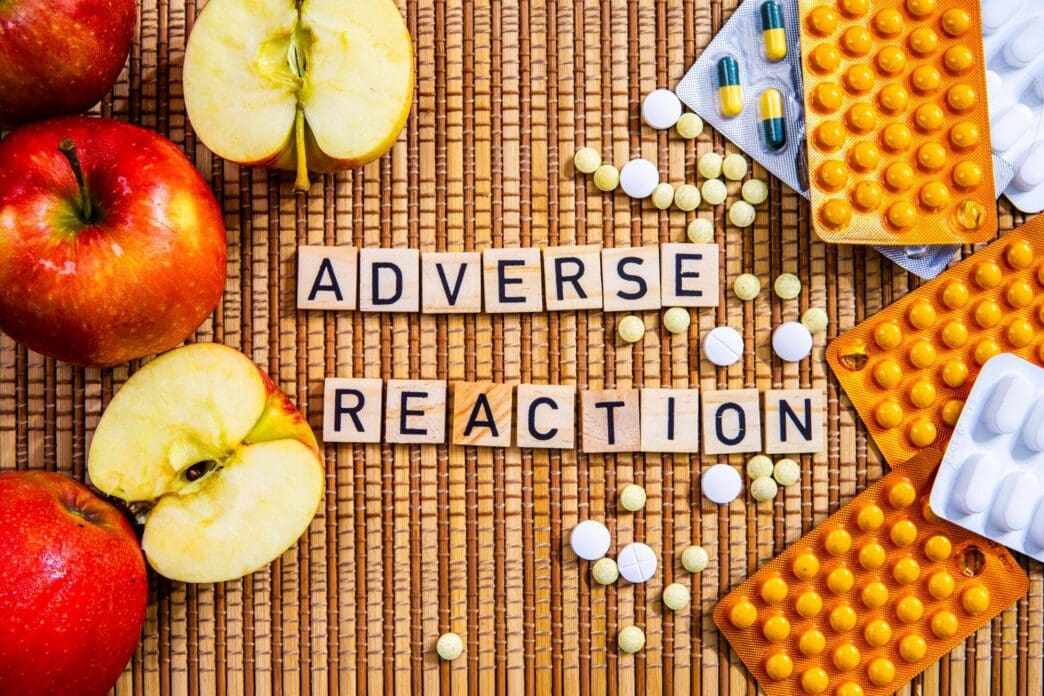A Quick Takeaway
The Story Behind the Trend
How to Make It Work for You
The Community View
Just as we carefully select the foods that nourish our bodies, cultivating a healthy information diet is paramount for holistic well-being, influencing everything from our mental clarity to our physical health. This vital practice involves consciously choosing, consuming, and processing the information we encounter daily, enabling us to filter out noise, reduce stress, and foster a more positive and productive mindset. Everyone, from students to professionals, can benefit from implementing these strategies now and continuously, across all digital and physical platforms, to combat the pervasive impact of information overload and reclaim their focus and peace of mind.
Understanding the Information Diet
An information diet refers to the deliberate selection and consumption of content, much like a nutritional diet guides our food choices. In an age of unprecedented digital connectivity, we are constantly bombarded with news, social media updates, emails, and notifications. Without conscious effort, this deluge can lead to mental fatigue, anxiety, and a distorted perception of reality.
The goal is not to eliminate information but to curate it thoughtfully, ensuring that what we consume genuinely serves our growth, well-being, and understanding. This involves being mindful of the sources, quality, and quantity of information we allow into our daily lives.
Why Your Information Diet Matters for Wellness
The information we absorb profoundly impacts our cognitive functions, emotional stability, and even our physical health. Constant exposure to negative news or sensationalized content can trigger a stress response, elevating cortisol levels and contributing to chronic anxiety.
Conversely, a well-curated information diet can inspire, educate, and connect us with valuable insights and supportive communities. It allows for deeper focus, reduces decision fatigue, and empowers us to make informed choices without feeling overwhelmed.
The Negative Impacts of an Unhealthy Information Diet
Allowing an indiscriminate flow of information into your life can have several detrimental effects. These consequences often manifest subtly but accumulate over time, eroding overall wellness.
Mental Overload and Stress
Constant alerts and the pressure to stay updated contribute to a state of perpetual vigilance, often referred to as “doomscrolling.” This can lead to increased stress, anxiety, and a feeling of being overwhelmed by global or personal crises, making it difficult to relax or concentrate.
Cognitive Fatigue and Reduced Focus
The brain’s capacity for processing information is finite. An unhealthy information diet overloads this capacity, leading to cognitive fatigue, diminished attention spans, and difficulty focusing on important tasks or personal goals. Our ability to think critically and creatively suffers when constantly distracted.
Emotional Dysregulation and Comparison
Social media, in particular, often presents curated, idealized versions of others’ lives, fostering feelings of inadequacy, envy, and loneliness. Exposure to polarizing or aggressive content can also heighten anger, frustration, and a sense of disconnection from those with differing views.
Physical Manifestations
The mental strain from an unhealthy information diet can manifest physically through disrupted sleep patterns, increased headaches, muscle tension, and even a weakened immune system. Sedentary behavior linked to excessive screen time further exacerbates these physical health risks.
Crafting Your Healthy Information Diet
Adopting a healthy information diet is an active process that requires intentionality and consistent effort. It’s about taking control of your informational intake rather than letting it control you.
Audit Your Intake
Begin by observing your current information consumption habits without judgment. Track how much time you spend on social media, news sites, and other digital platforms, and note the emotional impact of the content you consume. Identify which sources leave you feeling informed and uplifted versus drained or anxious.
Curate Your Sources
Prioritize credible, balanced, and enriching sources of information. Seek out diverse perspectives but be wary of sensationalism, clickbait, and unverified claims. Actively choose content that aligns with your values, supports your learning, and contributes positively to your mental state.
Set Boundaries
Establish clear rules for when and where you consume information. Designate “no-information” times, such as during meals, before bed, or on weekends, to allow your mind to rest and recharge. Consider implementing a digital detox for a few hours or even a full day periodically.
Mindful Consumption
Engage with information actively rather than passively absorbing it. Ask critical questions about the source, context, and potential biases of the content. This practice helps you process information more deeply and prevents you from being swayed by every headline or post.
Vary Your Nutrients
Just as a balanced food diet includes a variety of nutrients, a healthy information diet should include a mix of content types. Balance news updates with educational materials, inspiring stories, creative content, and opportunities for genuine human connection, both online and offline.
Engage in “Information Fasting”
Regularly step away from all information sources to give your mind a break. This “fasting” period allows for reflection, creative thought, and reconnecting with your inner self and immediate surroundings. It’s a powerful way to reset your mental landscape.
Practical Steps to Get Started
Implementing a healthy information diet doesn’t have to be overwhelming. Start with small, manageable changes that you can sustain over time.
- Schedule specific times for checking news and social media, rather than constantly reacting to notifications.
- Turn off non-essential notifications on your phone and computer to reduce interruptions and reclaim your focus.
- Actively unfollow, unsubscribe, and mute accounts or channels that consistently leave you feeling negative, anxious, or unproductive.
- Replace screen time with offline activities such as reading physical books, spending time in nature, engaging in hobbies, or connecting with loved ones face-to-face.
- Seek out positive and constructive communities, both online and in your local area, that foster growth and genuine connection.
Cultivating a Mindful Information Landscape
Mastering the art of a healthy information diet is an ongoing journey, not a destination. By intentionally curating what you consume, setting clear boundaries, and engaging mindfully, you can transform your relationship with information. This proactive approach not only mitigates the negative impacts of digital overload but also empowers you to create a more focused, peaceful, and truly healthy lifestyle, leading to profound improvements in your overall well-being.







